Relationship & Family
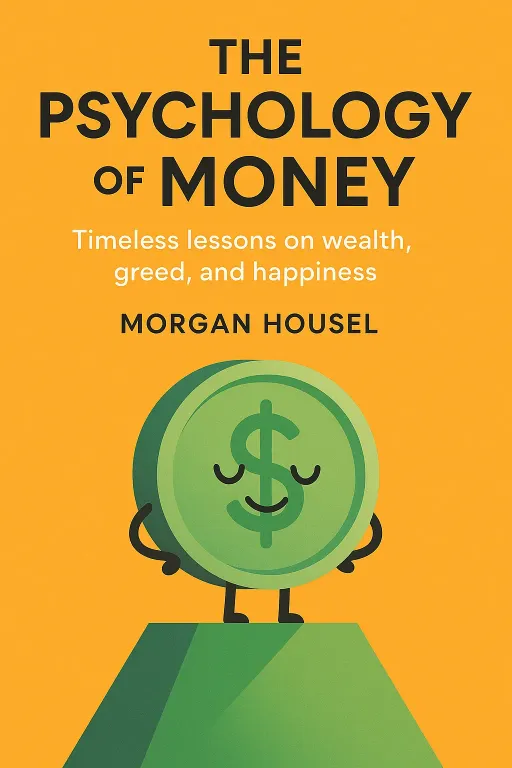
The Psychology of Money
Morgan Housel
"The Psychology of Money" is a collection of nineteen short stories exploring the strange ways people think about money. Written by Morgan Housel, a partner at The Collaborative Fund, the book departs from the standard investment advice that treats finance as a math-based field. Housel argues that financial success is not a hard science. It is a soft skill, where how you behave is more important than what you know. The central premise is that we do not make financial decisions on a spreadsheet. We make them at the dinner table, where personal history, unique worldviews, ego, pride, marketing, and odd incentives are scrambled together. Housel illustrates that two people can see the exact same world yet draw completely different conclusions based on when and where they were born. A key theme in the book is the distinction between getting rich and staying rich. Getting rich requires taking risks, being optimistic, and putting yourself out there. Staying rich requires the exact opposite. It requires fear that what you have made can be taken away from you. It requires frugality and an acceptance that at least some of your success is attributable to luck rather than skill. Housel ultimately posits that the highest dividend money pays is not luxury goods, but control over your time.
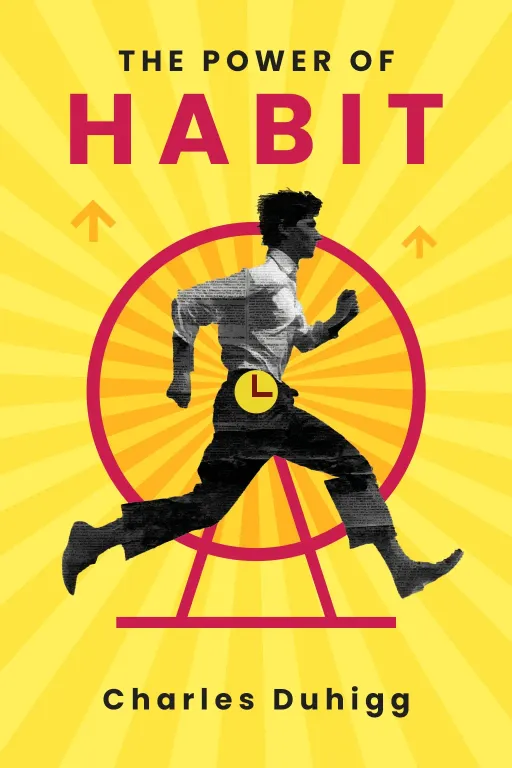
The Power of Habit
Charles Duhigg
An exploration of the science of habit formation, how habits influence our daily lives, and how they can be changed. Through compelling stories and scientific research, the book reveals the power of habits in individuals, organizations, and societies, offering insights into how we can transform our lives by understanding and reshaping our habits.
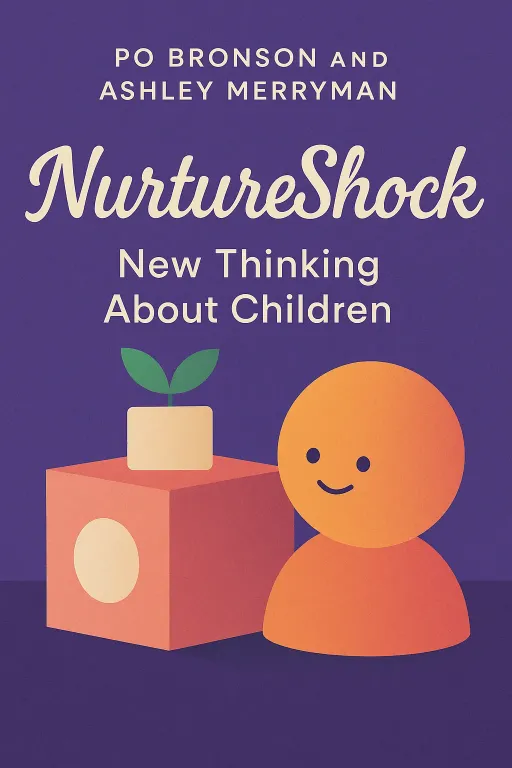
NurtureShock
Po Bronson
A groundbreaking exploration of the science of child development, revealing how many of modern society's strategies for nurturing children are actually backfiring. From the inverse power of praise to the hidden costs of sleep deprivation, this book challenges conventional wisdom and offers new insights into raising happy, healthy, and successful children.

Dangerous Personalities
Joe Navarro
A former FBI profiler shares his insights on how to identify and protect yourself from dangerous personalities. Learn to recognize the traits and behaviors of narcissists, emotionally unstable individuals, paranoids, and predators, and develop strategies to safeguard your emotional, psychological, financial, and physical well-being.
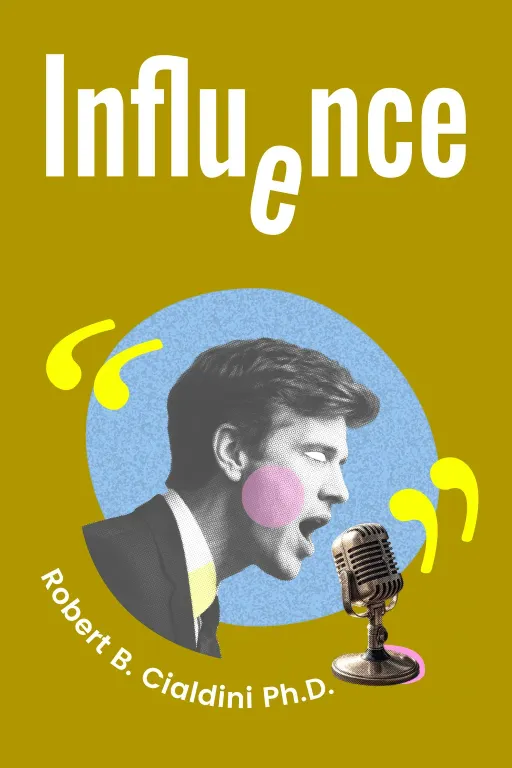
Influence: The Psychology of Persuasion
Robert B. Cialdini
"Influence" is the foundational text of modern marketing and arguably the most important book ever written on the science of compliance. Authored by Dr. Robert Cialdini, a professor of psychology and marketing, the book examines the psychological factors that drive people to say yes to requests. Cialdini famously went undercover for three years, taking jobs as a car salesman, fund-raiser, and telemarketer to observe these principles in the real world. The central thesis is that in a complex world, our brains rely on mental shortcuts to make decisions. Cialdini calls these Fixed-Action Patterns. While these shortcuts are usually efficient, they make us vulnerable to exploitation by "compliance professionals" who know how to trigger them. He identifies exactly six universal principles of persuasion that govern human behavior. The principles are Reciprocity, the obligation to repay what we have received; Commitment and Consistency, the desire to align our actions with our past statements; Social Proof, the tendency to look to others to determine correct behavior; Liking, the bias toward complying with people we know or admire; Authority, the deference we show to titles and uniforms; and Scarcity, the rule that we value things more when they are rare. The book serves as both a manual for ethical persuasion and a defense guide against manipulation.
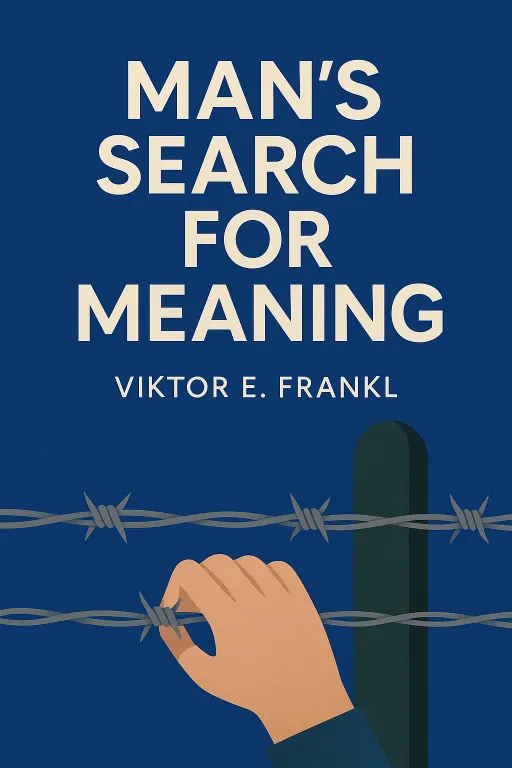
Man's Search for Meaning
Viktor E. Frankl
Suffering is an ineradicable part of life, even as fate cannot be fully controlled. Yet, how do we find purpose in the face of profound tragedy? Man's Search for Meaning captures the profound insights of Viktor Frankl—a prominent psychiatrist and Holocaust survivor—demonstrating that the primary human drive is not pleasure, but the pursuit of what we find meaningful. This is not merely a grim memoir of survival in Nazi concentration camps. Instead, it is a dual-layered masterpiece blending harrowing personal narrative with clinical analysis. Frankl distills his experiences into the principles of Logotherapy, creating a timeless psychological toolkit on how to cope with suffering, transcend circumstances, and find a reason to continue living. Viktor E. Frankl was a neurologist, psychiatrist, and philosopher who has influenced generations with his theory that man's deepest desire is to find meaning. He was a survivor of four concentration camps, including Auschwitz, and the founder of the Third Viennese School of Psychotherapy.
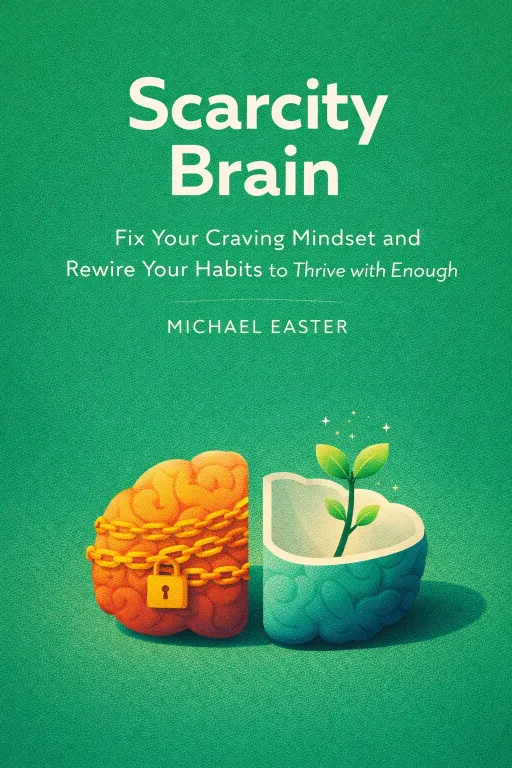
Scarcity Brain
Michael Easter
In a world of overwhelming abundance, why do we constantly crave more, leading to detrimental behaviors like overeating, overbuying, and addiction? Michael Easter, a science journalist, embarks on a global journey to uncover the ancient human behavioral system—the 'scarcity brain'—that once ensured survival but now traps us in a 'scarcity loop.' Through compelling research and real-world examples, from the psychology of slot machines in Las Vegas to drug enforcement in Iraq, this book reveals the three-part mechanism driving our insatiable desires and offers profound insights into how to break free from the cycle of overconsumption to find true satisfaction and unlock our full potential.
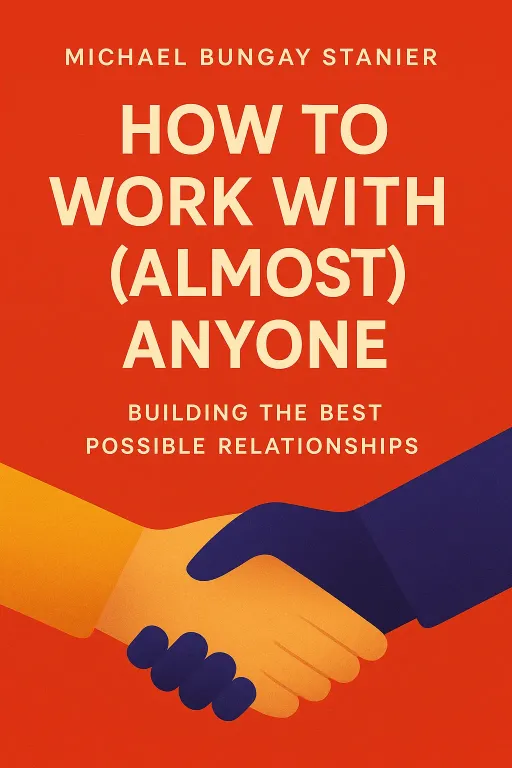
How to Work with (Almost) Anyone
Michael Bungay Stanier
Unlock the secrets to building strong, successful working relationships with Michael Bungay Stanier's insightful guide. Learn how to create safe, vital, and repairable connections that foster collaboration, boost productivity, and enhance overall well-being. Discover the power of the Keystone Conversation and transform the way you work with others.